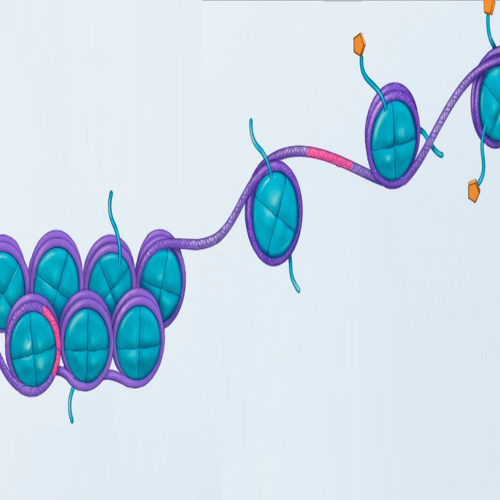Key points from article :
Amid a challenging landscape for genetic medicine startups, Tune Therapeutics is making waves with a $175 million Series B funding round to advance epigenetic editing, a novel approach to controlling gene expression without altering DNA. The company’s lead asset, Tune-401, targets hepatitis B using an innovative "TEMPO gene silencer" delivered via lipid nanoparticles. This treatment has shown promise in preclinical studies and is set to begin human trials in New Zealand and Hong Kong, with results expected in 2025. Unlike traditional therapies, Tune-401 addresses both integrated and free-floating viral DNA, potentially halting the virus more effectively.
Founded in 2021 and rooted in Duke University research, Tune has made significant scientific strides, including demonstrations of long-lasting cholesterol reduction and suppression of hepatitis B in animal models. Despite market challenges and leadership transitions, the company’s focus on common, chronic diseases has helped secure investor confidence.
Tune faces competition from other players in epigenetic editing, such as nChroma Bio, which is also pursuing a hepatitis B therapy. However, Tune’s clinical timeline places it ahead of its rivals. In a broader sense, the field is expanding, with companies like Epicrispr and Altos Labs exploring related technologies, albeit with different timelines and methods. Tune distinguishes itself by emphasizing precision in modulating gene activity, aiming to eventually “tune” genes up or down for more complex therapeutic outcomes, such as cellular reprogramming.
The company's ultimate goal is to establish epigenetic medicine as a robust therapeutic modality, addressing not only hepatitis B but also a range of other conditions, potentially reshaping the future of genetic medicine.






